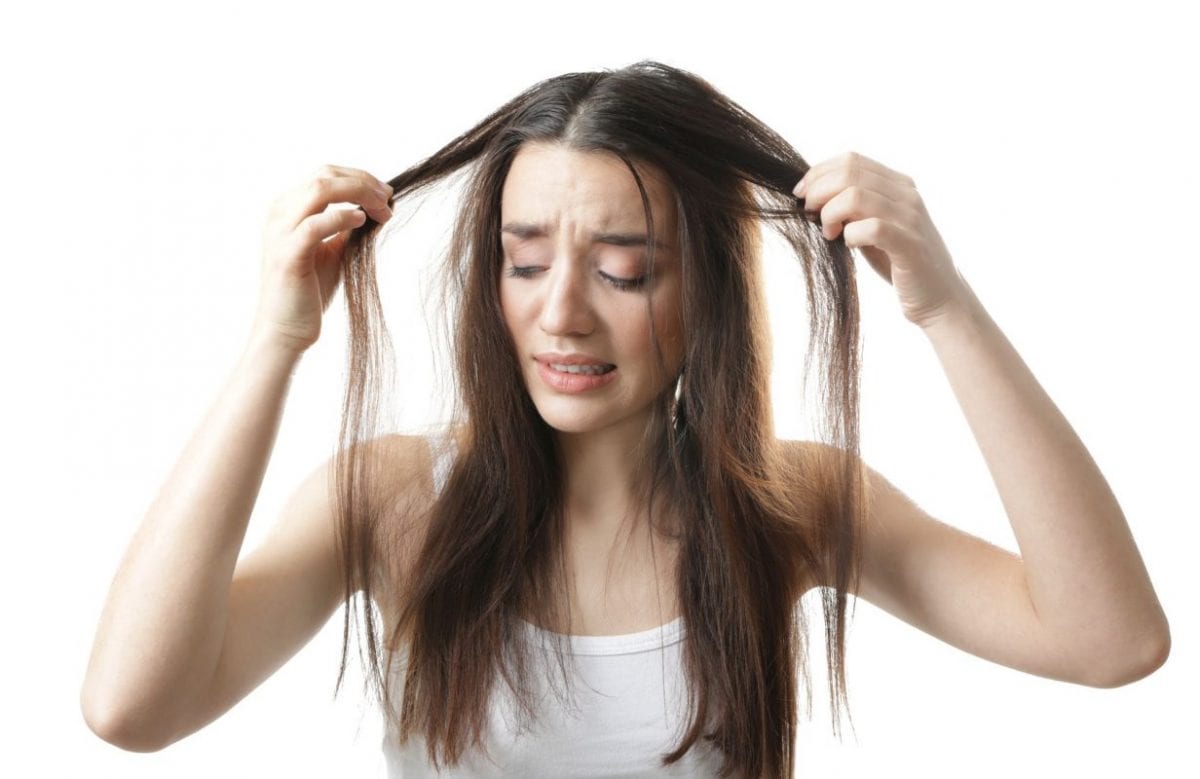It is quite normal to lose some hair (usually 50 to 100 hairs) daily and this is harmless. However, when the hair fall is significant, it is a cause for concern.
How Does Hair Loss Happen
Hair loss can stem from any of various
reasons including heredity, medication, health problems and hormonal changes.
1. Heredity (androgenetic alopecia)
– This is a key cause for hair loss affecting both men and women. It is common
for affected men to have a receding hairline. A number of men would have bald
patches particularly on top of the head. In most women, the hairline is
retained but they have noticeably thinning hair.
2. Hormonal Changes in Women
Hormonal changes during pregnancy and at menopause can trigger hair loss. So can a miscarriage, cessation or switching of birth control pills, or PCOS (Polycystic Ovary Syndrome).
3. Certain medications
Certain medicines can cause hair loss as a side effect. This includes blood thinners, an excess of Vitamin A, and medicines used to treat high blood pressure, depression, arthritis, heart problems, gout and cancer. Anabolic steroids and the drugs lithium and methotrexate may also prompt hair loss.
4. Protein Deficiency
A lack of protein in your diet can cause your body to economize on the protein it has by stopping hair growth. The hair loss becomes visible 2 to 3 months after protein deficiency begins. Fish, meat and eggs are good protein sources. Vegetarian sources include nuts, beans and seeds.
5. Deficiency in Iron or Vitamin B
Iron and/or Vitamin B deficiency can cause hair loss. Iron is necessary to make hair cell protein. Good sources of iron include pumpkin seeds,
iron-fortified cereals, lentils, white beans, spinach, oysters, clams, turkey, and lean beef.
Biotin is an important B vitamin for hair growth. Other B vitamins assist with the development of red blood cells that transport nutrients and oxygen to the hair follicles and scalp. A primary source of Vitamin B12 is animal protein so if you’re deficient in this vitamin and also a vegetarian, you may have to take supplements.
6. Weight Loss
Weight loss can cause thinning hair either from the loss of pounds itself or because of mineral or vitamin deficiencies from not eating right. Hair loss is also commonly seen in people with eating disorders such as anorexia nervosa and bulimia.
7. Hair
Styling and Hair Products
Improper handling of hair, certain hairstyles or excessive hairstyles, and some
hair products can induce hair fall. Here are some examples:
- Brushing or combing with more than 100 strokes daily
- Frequent bleaching or continuous use of gels, dyes, hair sprays and relaxers
- Heavy serums and styling creams
- Years of tight hairstyles such as cornrows, pigtails and braids.
- Permanents or regular use of blow dryers, curling irons and flat irons
Other causes of hair loss include trichotillomania (compulsive, irresistible pulling of hair), lupus, thyroid conditions and aging.
8. Telogen effluvium – It is a reaction to severe psychological stress or other factors such as severe illness or high fever. Hair growth is restored after the trigger is successfully addressed or gone.
Treatment Options
Now that we have looked at some key causes of hair fall, here are five treatment options.
- Minoxidil – This is
an FDA-approved medicine, available as a foam or liquid that can be purchased
without a prescription. This topical treatment curbs the thinning of hair,
causes increase in thickness and size of the hair follicles, and boosts their
growth phase thereby encouraging hair regrowth.
- Finasteride – Another FDA-approved
oral medicine, Finasteride can only be purchased with a prescription. The drug
stimulates hair regrowth by halting the body’s production of the male hormone
DHT (dihydrotestosterone). When DHT is produced, the hair follicles do not get
the nutrients they require and the result is loss of hair.
- Correcting Deficiencies and Supplementation
If the hair loss stems from nutritional deficiencies, getting the necessary nutrients from food or supplements will help to restore hair growth. It is worth mentioning here that there is an all-natural hair re-growth product called Nutrafol manufactured by New-York based Neutraceutical Wellness Inc. The product’s ingredients promote hair growth by targeting stress hormones, inflammation, genetics and other factors responsible for hair thinning and loss.
- Transplantation – Depending on which is most suitable for you, your hair transplant surgeon will choose from two kinds of transplant procedures – Follicular Unit Extraction (FUE) or Follicular Unit Transplant (FUT).
- Low-level Laser – Certain devices such as low-level laser combs, and caps may help to stimulate hair growth.A 2014 report from the American Journal of Clinical Dermatology supports the treatment’s efficacy. You can also check out Official Top5 Review for laser cap therapies that may offer some help.
Do talk to a qualified medical practitioner to discuss your concerns, potential causes and favourable treatment options for you.









